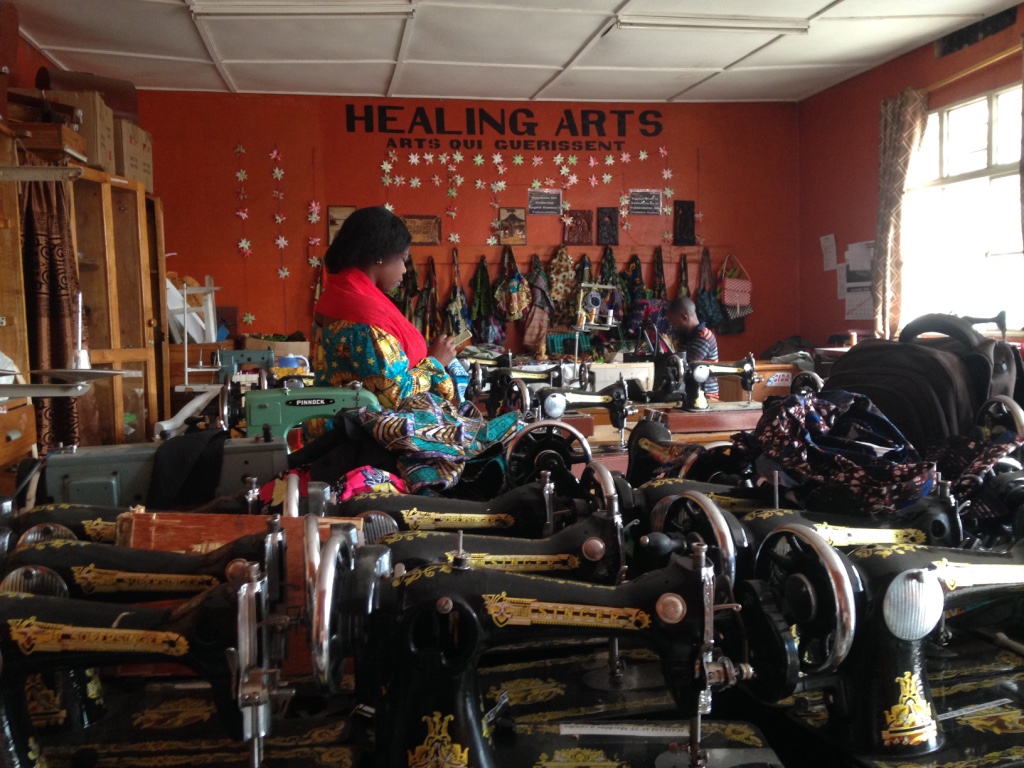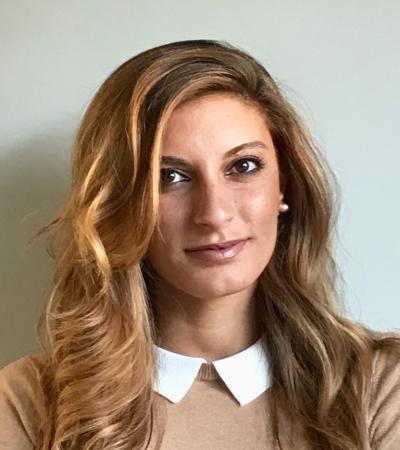Navigating a Precarious Life in the Democratic Republic of Congo
Graduate Research Grant
 Thanks to the support of the Kellogg Institute for International Studies I was able to collect quantitative and qualitative data, helping to lay the foundation of my dissertation research. After analyzing the data, I intend to publish my results this year. In addition, I was also able to develop relationships with Congolese scholars at the Bilingual Christian University of Beni as well as the Free University of the Great Lakes, which will help to form future research and collaborations.
Thanks to the support of the Kellogg Institute for International Studies I was able to collect quantitative and qualitative data, helping to lay the foundation of my dissertation research. After analyzing the data, I intend to publish my results this year. In addition, I was also able to develop relationships with Congolese scholars at the Bilingual Christian University of Beni as well as the Free University of the Great Lakes, which will help to form future research and collaborations.
After a month of language study and participant observation, I designed a 70-question survey to be administered in Beni Territory. With the help of two research assistants recruited from the Bilingual Christian University of Beni, I collected 240 surveys using random sampling (120 in Beni town and 120 in Oichia). I conducted formal and informal interviews with community and traditional leaders, civil society members including youth associations, ethnic associations, and cooperatives, the North Kivu governor’s office, staff of NGOs (local and international), security guards, and business owners.
As part of the interviews and surveys, I collected free lists and rankings to elicit data on the different types of insecurity, violence, and stressors that affect citizens. Rather than imposing what I thought people prioritized in their daily lives, I wanted to obtain people’s own emic understandings of life amidst everyday violence and uncertainty. These rankings allowed me to identify the most salient conditions that my interlocutors were faced with and the ways in which they coped with or responded to them.
From these, I learned that economic insecurity in the form of unemployment was ranked as the most worrisome type of insecurity. My interlocutors claimed that economic insecurity is the cause and driver of conflicts and other types of insecurity (physical violence, crime, kidnappings, war, lack of mobility, etc.). I also held 4 focus group discussions (8-10 participants each) with university students from three different universities (3 from ULPGL, 1 from UniGom, and 1 from ISDR) to understand youth perceptions of insecurity and violence. The aim of this research was to understand who and where people turn to for protection and safety, especially in a context where the usually security apparatuses cannot provide order, security, or protection. My main question was what resources and strategies did people leverage, rely upon, or use to deal with insecurity. One of the patterns that emerged is elaborate alert systems and group messaging through social media.
In addition to conducting research, I had the opportunity to participate in a number of academic service and community engagement activities. I worked with the Integrated Research Institute at the Bilingual Christian University of Beni and trained two students in survey research and data collection. I also led the English Over Coffee English classes at the Free University of the Great Lakes. When I return, I plan on teaching a two-day workshop on mediation and conflict resolution to faculty and students. I also got involved with the largest USAID-funded project on sexual and gender-based violence called the Ushindi Project. I will be presenting my findings from this work in November at the American Anthropological Association Meeting on the panel, Anthropology Matters in Mental Health: Advancing Psychological Anthropology through Engagement with Global Mental Health.
On the weekends, I put on my anthropologist’s hat and participated in community events, including a Congolese concert. I accompanied my friends who are environmental scientists and paleoanthropologists on a community development project to Kahuzi-Biéga National Park. During this visit, we had to opportunity to see the endangered Grauer’s gorilla, which can only be found in the DRC. Overall, I wouldn’t have been able to do all of this without the support of the Kellogg research grant.






